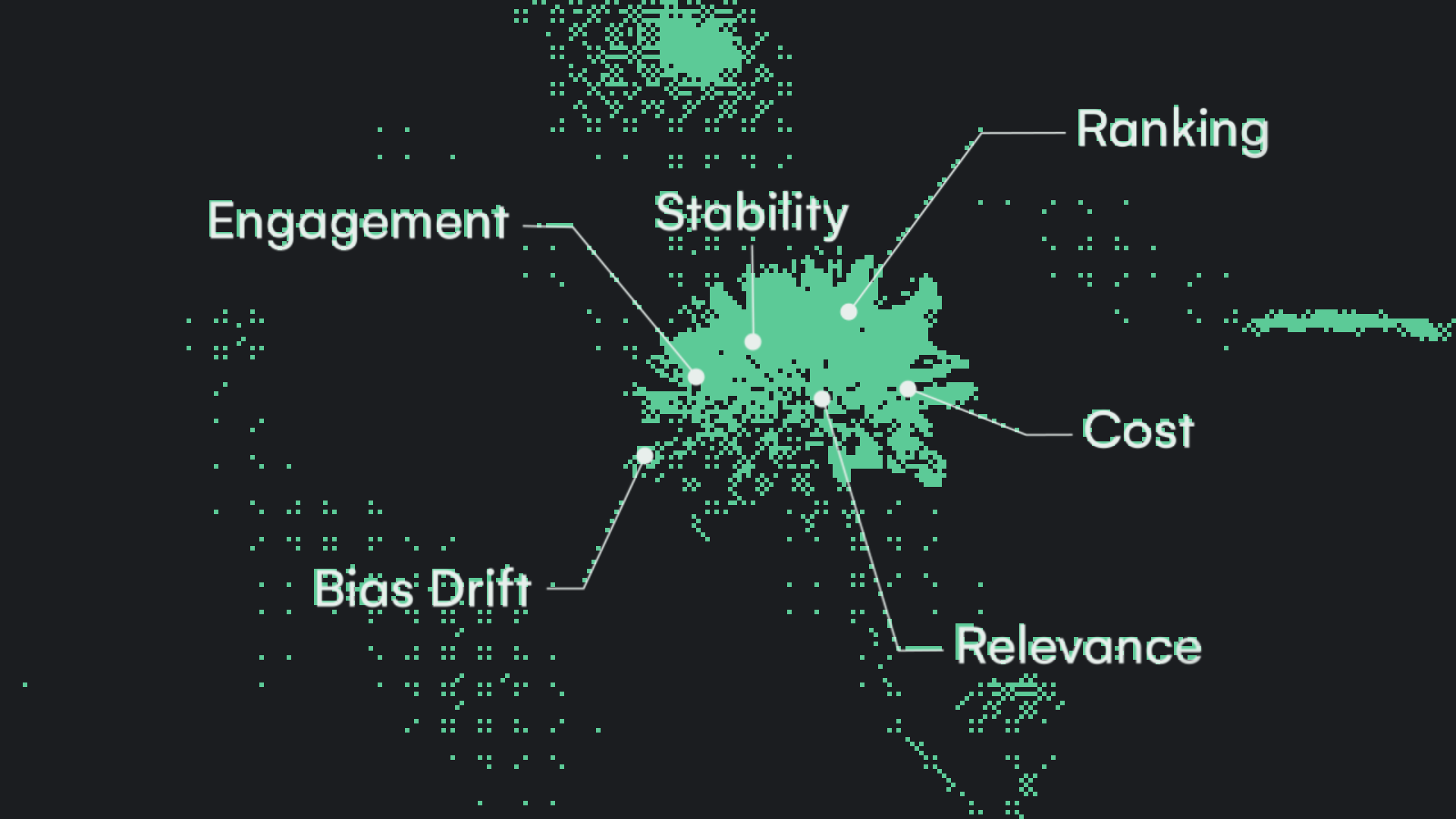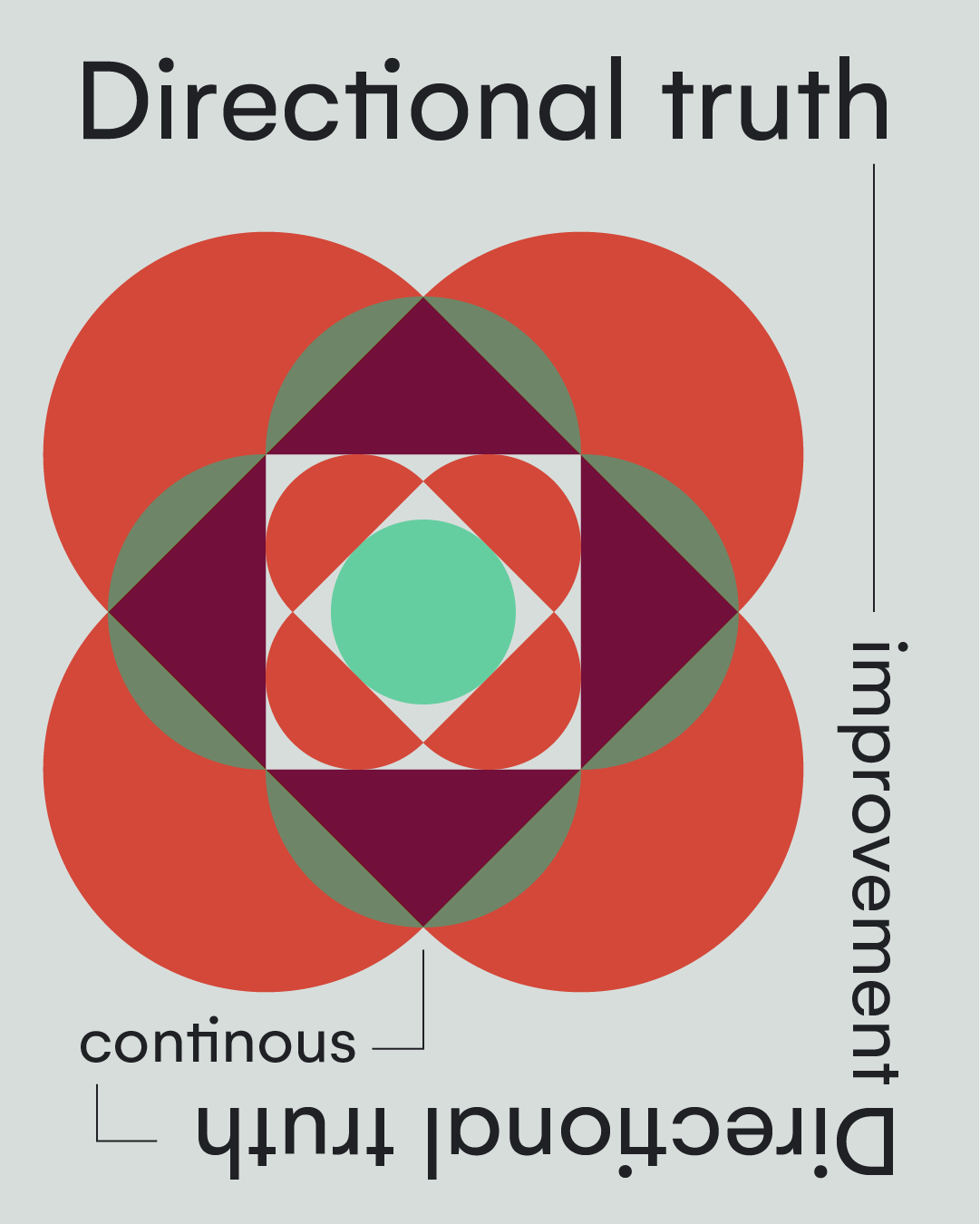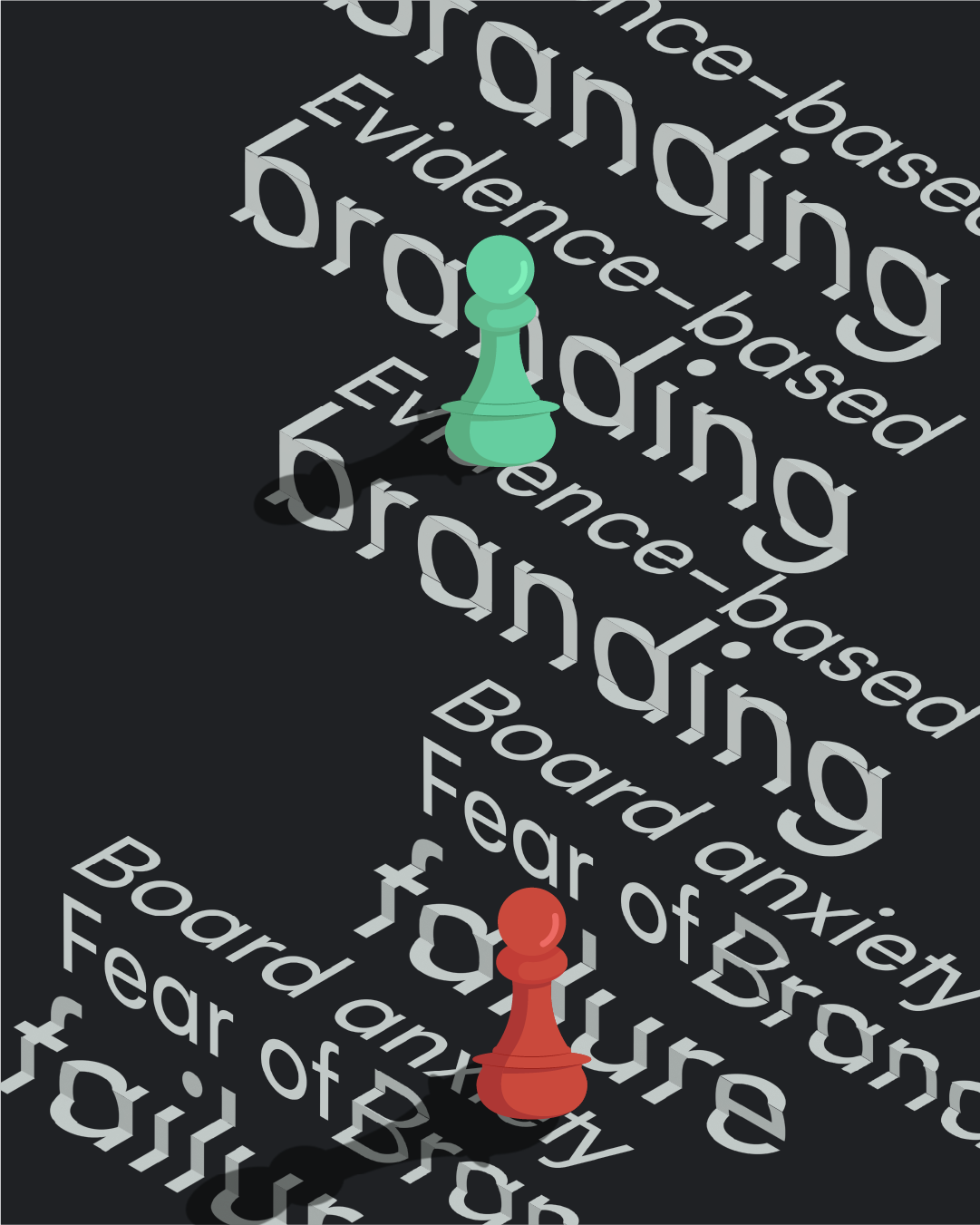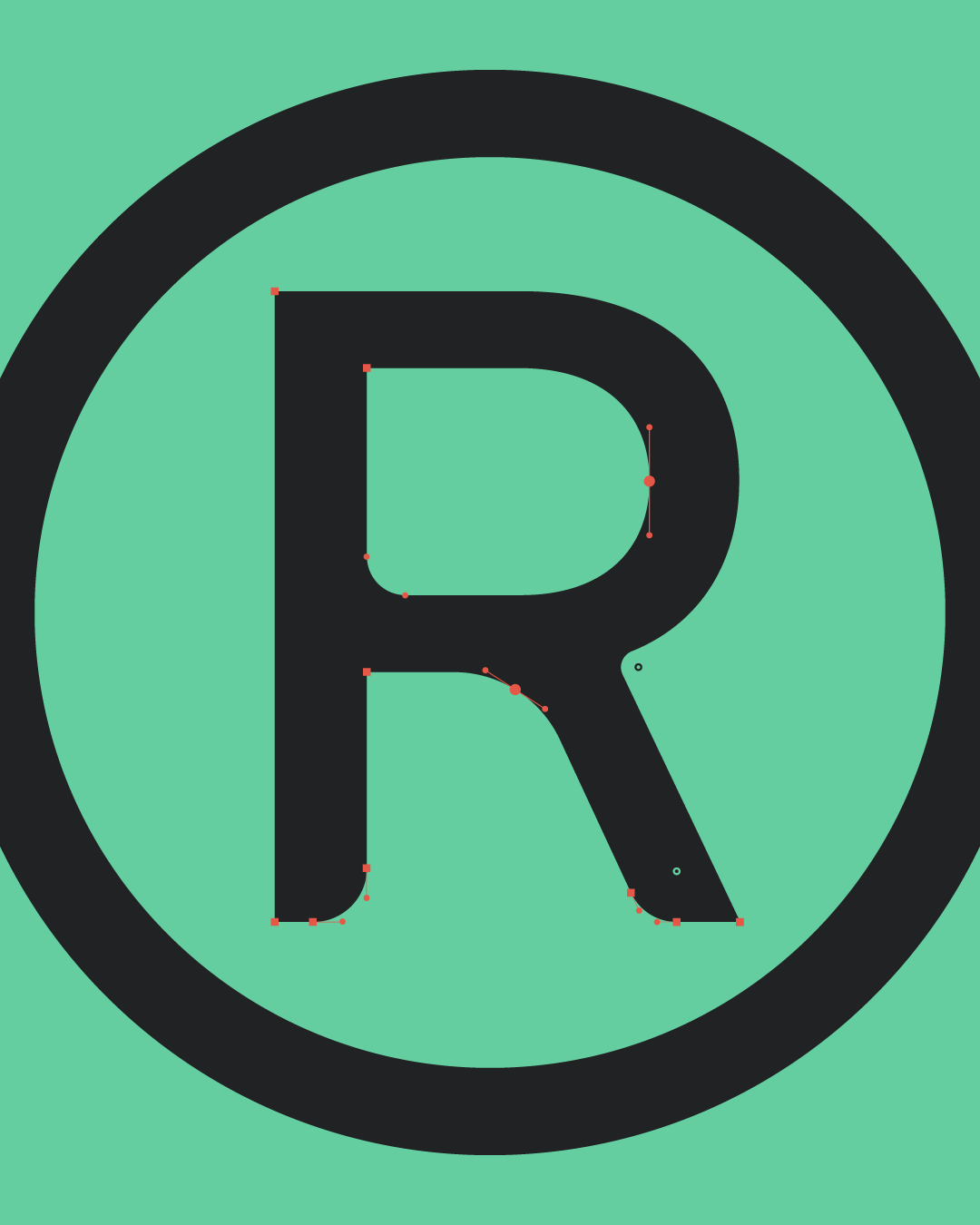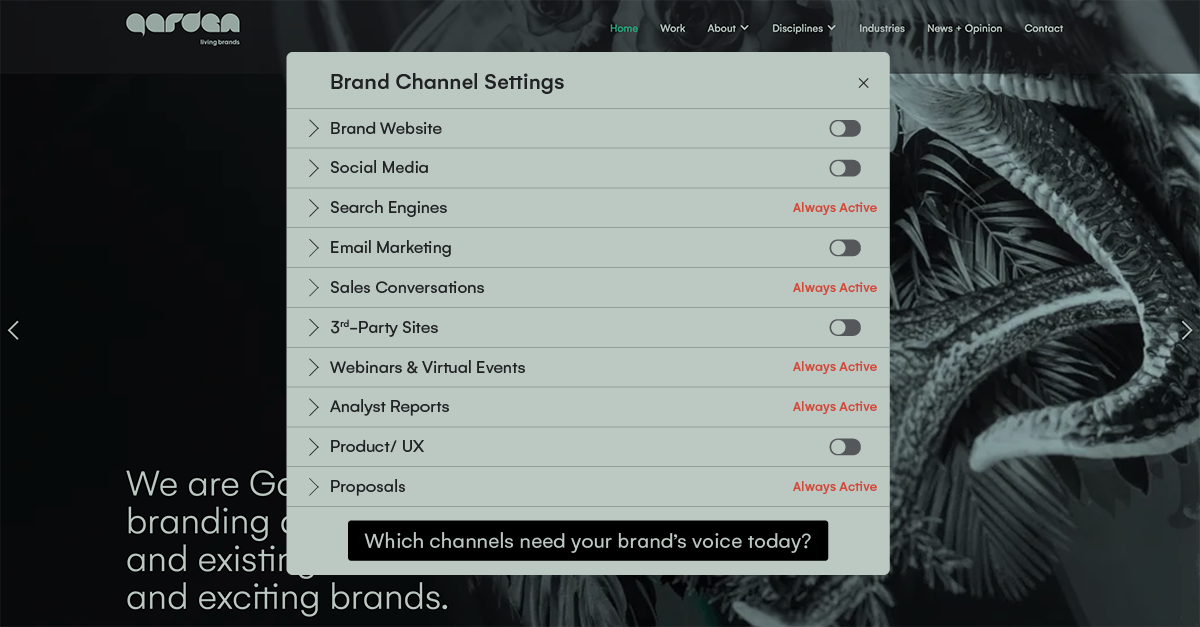The short answer is, it can be, provided the fields are somewhat connected and that you keep watering your own grass!
What we mean is that for companies to successfully move into a new industry, they need to stand for something bigger than the products or services they sell.
Think of Red Bull for example, a drink that was marketed as a mind and body stimulant targeted at exhausted blue-collar workers and sold exclusively in pharmacies is now a symbol of adrenaline, adventure and excitement.
Red Bull now stands for more than products, it stands for feelings and emotions allowing it to stretch into industries that tap into the same emotional realm such as extreme sports, exploration events, quirky competitions for the bold and creative and many others.
Not only does Red Bull profit from these events but it also serves as the best form of advertising for its energy drink empire, further cementing the association between the emotions, the brand and by extension, the product.
Now let’s talk about Dyson, the giant has come a long way from the ball barrow or even its first vacuum cleaner, but what does the company stand for? In this case it is more about skill, Dyson is known for inspired design, engineering prowess, groundbreaking innovation and technological advancement.
This means that Dyson could potentially venture into many new tech and engineering industries leveraging its knowledge, reputation and many other assets and be met with anticipation and success. They have done exactly this by expanding into office products and household items such as hair styling tools.
The Dyson Airwrap is widely recognised as the most innovative hair dryer to date and although its steep price point may turn some away, most hair lovers long at the idea of adding it to their arsenal provided they are lucky enough to snatch one before they sell out… AGAIN!

In services, the same principle applies: find where you excel and expand within it as wide as your capabilities allow. Uber for instance went from ride hailing app to a specialist in transportation. Whether you want to transport people, pets, food or even packages, Uber can help. We can even see them expanding beyond the realm of the B2C and adopting a B2B model with Uber Freight, Uber for Business and even partnerships with healthcare organisations to get patients to and from appointments. Basically, if it involves “point A to point B” you can expect Uber to be somewhat involved in the industry even on international journeys.
Now this all sounds very exciting and may fuel your desire to take your company to new heights, remember that these decisions are not taken lightly, it may take years for even a world renowned business to take the plunge, and in some cases resulting in devastating failure, we all remember the blunder of the Colgate lasagna…
In fact even companies that are masters of diversification can miscalculate sometimes. The Virgin company starting a wedding venture may sound like a good idea until you realise they called it “Virgin Brides”!
Whether you are a start-up, branding agency or simply trying to see if your brand identity would support diversification, here are some tips to avoid these pitfalls:
- Pick an industry where your niche qualities are transferable and would make sense to customers.
- Remember to keep focusing on your parent brand and only diversify when you can handle both!
- Do your research, brand evolution can seem unpredictable sometimes so make sure your market research is as extensive as possible.
- Make sure there is cohesion across all your business ventures: Stand for something bigger than what you sell.
By Kenza Aghedar






.jpg)


.jpg)


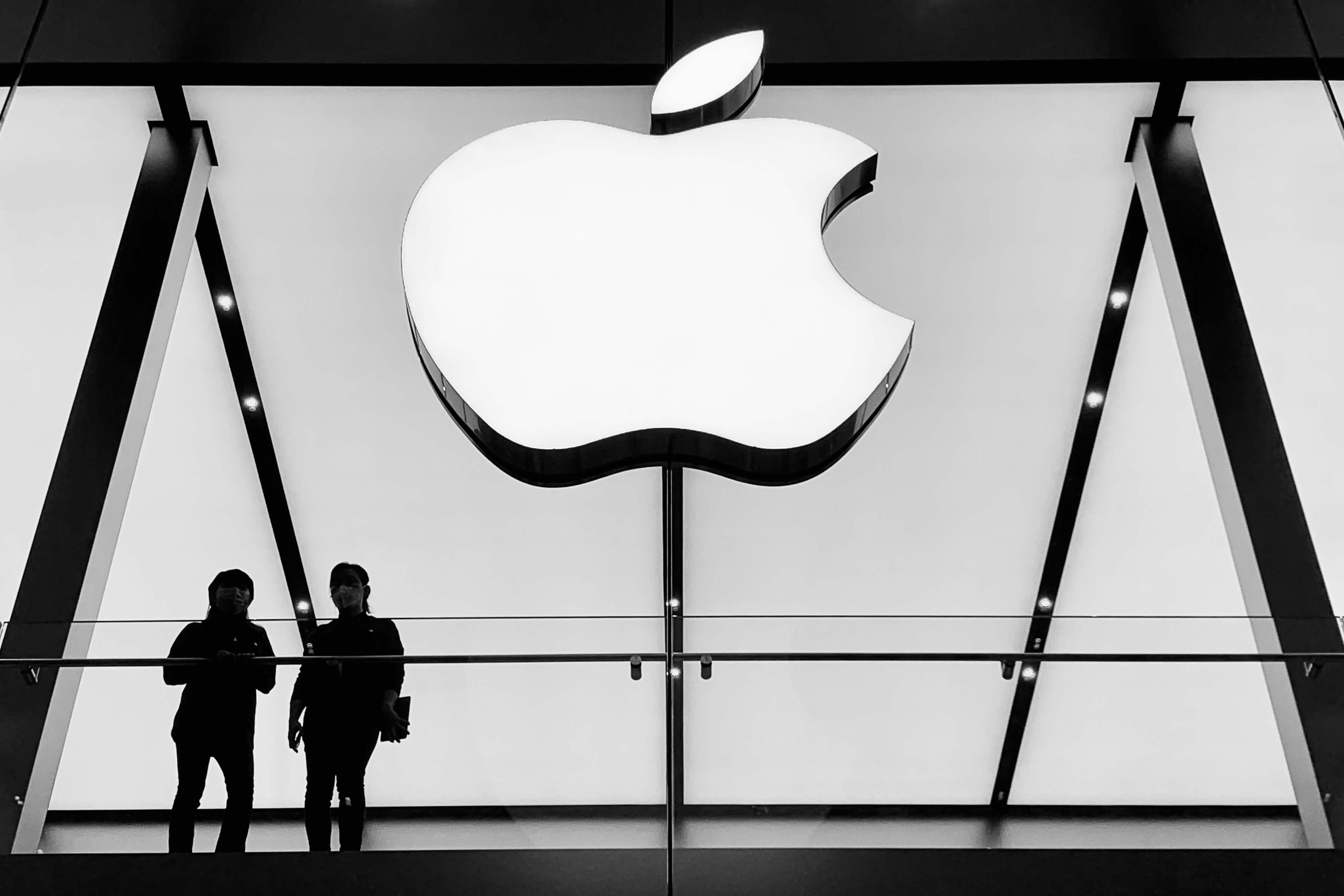





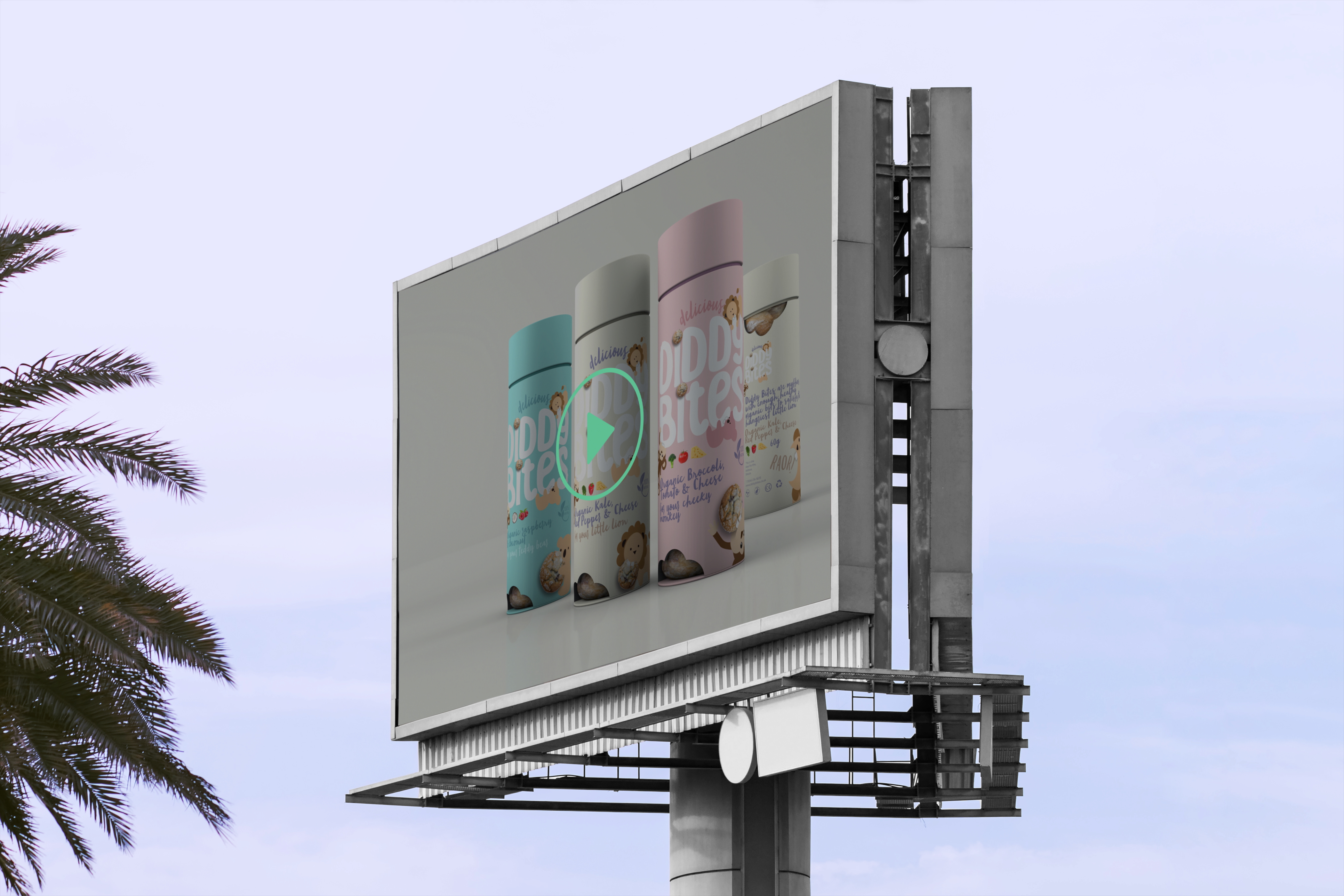





.jpg)














